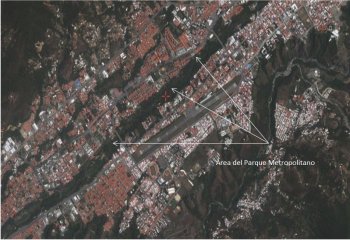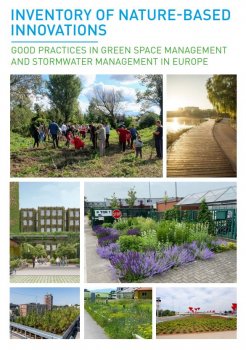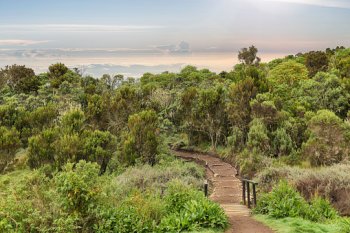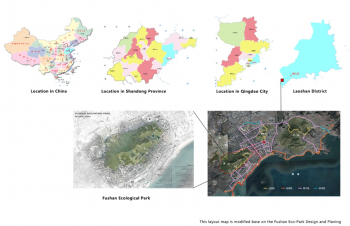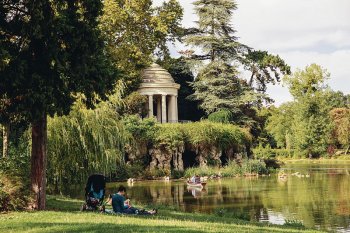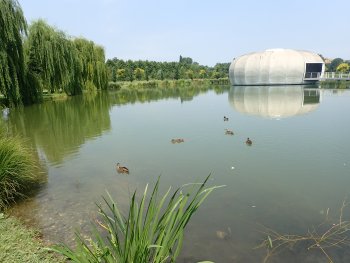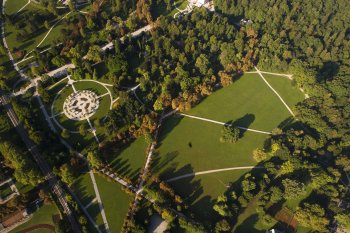Articulación de los espacios verdes públicos del parque Metropolitano Albarregas.
Rehabilitar e integrar las áreas del bosque urbano del parque metropolitano Albarregas para la creación de espacios públicos verdes adecuados para la recreación, que sean funcionales y estén interconectados con la ciudad para dar cumplimiento a los Objetivos de Desarrollo Sostenible (ODS), y de esta forma dar valor al capital natural de la ciudad mejorando la sostenibilidad y resiliencia al cambio climático.

